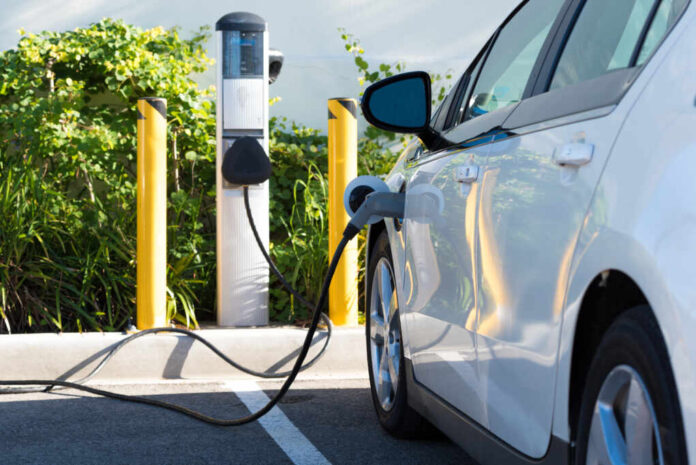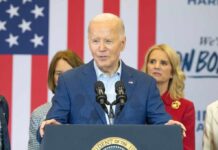
In Michigan, the heartland of America’s automobile industry, a brewing storm over electric vehicles (EVs) reflects broader concerns over job security and economic identity. Joe Biden’s ambitious push toward electric vehicles, aiming for half of all new car sales in the U.S. to be electric by 2030, has not been universally embraced. Instead, it has sparked anxiety among autoworkers, who see their livelihoods threatened by the shift from gasoline to electric power.
Tiffanie Simmons, a Ford factory worker, embodies the growing discontent. After enduring a six-week strike and finally securing a significant pay raise, she finds herself confronting an uncertain future due to the industry’s pivot to EVs. “We trust you to make sure that Americans are employed,” she remarked, articulating a sense of betrayal felt by many as Biden champions a transition they believe undermines traditional manufacturing jobs.
‘It’s Scary Right Now’: Autoworkers Worried Biden’s Electric Vehicle Push Could Kill ‘Thousands Of Jobs’ https://t.co/GqPqExaUAX via @dailycaller
Did Trump mention this earlier?— Joseph Twohig (@JosephTwohig) February 19, 2024
The fear is not unfounded. EVs require fewer parts and less labor to assemble, posing a direct threat to jobs in manufacturing and related sectors like insurance and trucking.
The political repercussions are palpable. President Donald Trump has seized on this unrest, courting autoworkers and criticizing Biden’s EV mandates as “job-killing.” His efforts resonate with workers like Nelson Westrick from Sterling Heights, who fears his job will vanish in the electric age. “This electric stuff is going to kill, just kill, thousands and thousands of jobs,” Westrick stated, echoing a sentiment that could sway voter allegiances in critical battleground states.
Advocates for Biden’s mandates argue that EVs offer a cleaner, more sustainable future and the chance to reclaim a leading role in global automotive innovation. Michigan Governor Gretchen Whitmer and others are investing in training programs to prepare workers for new opportunities in the evolving sector. Those perks offer little comfort to workers concerned about the looming risk of unemployment.
Meanwhile, autoworkers face a crucial political choice this year. Even though union workers are a traditional power base for Democrats, more and more organized labor workers are expressing a strong preference for President Trump’s commitment to restoring America’s manufacturing dominance.















